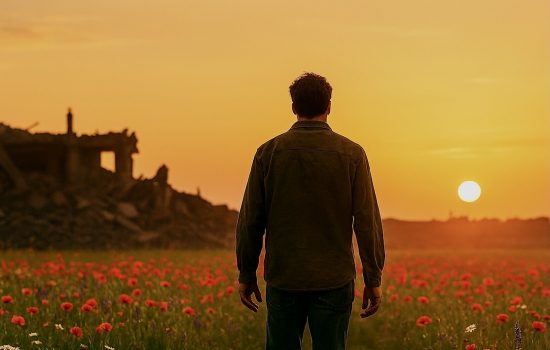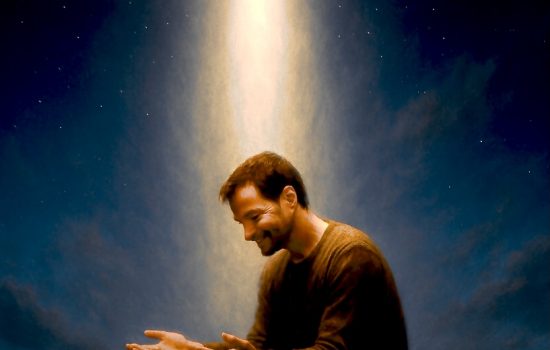In Psalm 139, the psalmist plunges into the sea of inner mystery, and at no point does he emerge from it until the very end; and then, to fire poisoned darts at enemies, not his own, but God’s.
Once the psalmist is lost in its deep waters, the focus of attention, paradoxically, is not himself, but God.
To penetrate the core of the psalm and pray it fruitfully, it is advisable to begin by calming down, calming one’s nerves, releasing tension, abstracting oneself from external and internal clamors, letting go of memories and worries; and thus, gradually achieving an inner silence, so that the contemplator perceives that there is nothing outside of oneself, and there is nothing within oneself. And that all that remains is a presence of oneself to oneself, that is, the attention purified by silence. This is the moment to open oneself to the world of faith, to the living and concrete presence of the Lord, and it is at this moment that the text of Psalm 139 can be a precious support for entering into a prayer of contemplation.
The vestiges of creation, communal reflections, and vocal prayers can make the Lord present to us; but they are, if I may use the expression, “particles” of God. Creatures can evoke the Lord: a starry night, a snow-capped mountain, a fiery dawn, the horizon outlined against a blue background can “give” God to us, they can awaken Him to us, but they are not God Himself, but rather evokers, awakeners of God.
And the truly thirsty soul is not satisfied with “messengers,” as Saint John of the Cross says: “Do not wish to send me—nowadays, no longer a messenger—who do not know how to tell me what I want.” And the Castilian mystic comments: “Since it is clear that nothing can cure His ailment except His presence…, ask Him to grant Him possession of His presence.” Beyond the vestiges of creation, and the waters that flow singing, the soul seeks the very source, God himself, who is always beyond evocations, concepts, and words.
To enter the sanctuary of Psalm 139, man must keep in mind that God is not only his Creator, not only objectively present in his entire being, to whom He communicates existence and consistency; it is also necessary to keep in mind that He sustains him, but not in the manner of a mother who carries her child in her womb, but rather, in a much deeper and distinct dimension, God truly penetrates and sustains him in her being.
Despite this close connection between God and man, there is, however, no symbiosis or identity. Rather, the divine presence is a creative and life-giving reality, a reality that the psalmist verbalizes with a highly poetic expression: “All our springs are in You” (Psalm 87).
Taken from the book “Psalms for Life,” Chapter VI, subtitle “All My Spring Is in You” by Father Ignacio Larrañaga.










